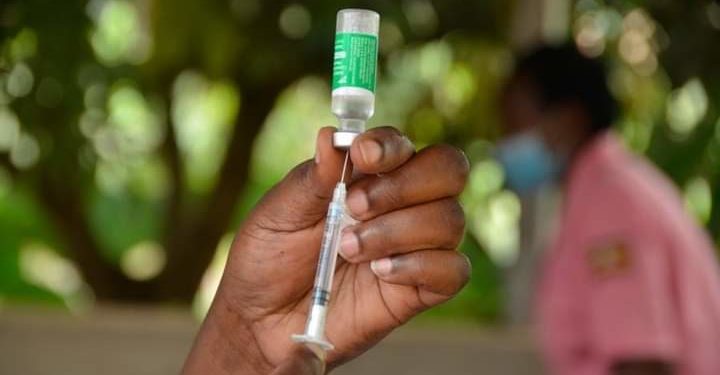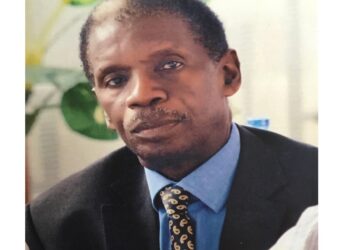If you have not read Nikolai Gogol’s classic “The government inspector”, you certainly have no idea what you are missing. Here is a brief recap though:
Anton Antonovich, the mayor of a certain Russian town, is expecting a government inspector, who he is told will step in incognito. Antonovich has a stockpile of administrative skulls in his backyard and, therefore, has every reason to worry. He is particularly worried that his fraud scandals might catch up with him when the inspector comes.
Two people, Bobchinsky and Dobchinsky, break the news that they think the government inspector is already in town. Apparently, a man who ticks all the boxes for the description of the inspector resides at the inn, where the government inspector is meant to reside. Antonovich, in a panic, decides that he will go over to the inn and introduce himself.
This man at the inn is Khlestakov, a minor government official from St. Petersburg. Khlestakov, prone to gambling and overindulging himself, is yet to pay his inn bills. He has obviously run out of money. When the Mayor arrives at the inn, he is sure that this man is the government inspector. He (the mayor) pays all the inn bills for him. Khlestakov, who was earlier nervous of his special treatment by the mayor, now feels more at ease in the town—especially because the Mayor has invited him to stay in his own home.
Khlestakov enjoys the way he is being treated—showered with food, drink, a warm bed, and many accolades. He welcomes each civil servant for individual meetings. They are all very nervous around him, but when he asks for money from them, they all happily comply and feel a sense of relief that he probably will not investigate their departments more thoroughly. After squeezing every single coin from all and sundry, Khlestakov decides to leave town.
Suddenly, someone appears and announces that an official from St. Petersburg has arrived and requires their presence at the inn immediately. Every person experiences a shock at the same time, and they all freeze into immobility.
Khlestakov the man they heavily spent on is gone, but now the government inspector is in town.
When the first wave of the Covid-19 pandemic knocked at our doors, our ministers and “essential” government workers did a Bobchinsky and Dobchinsky, announcing the arrival of the pandemic, which wasn’t bad. They particularly hand-twisted our budget priorities to entirely focus on the fight against the deadly virus. Donations in form of money, food and cars came through. The President was particularly interested in double cabins, a decision that raised eyebrows, with a section of Ugandans wishing he should have opted for ambulances.
In addition to the cash and kind donations locally handed over to the Covid-19 task force in Uganda, we also had international donations that include, but not limited to:
May 2020: $491.5 Million from IMF
June 2020: $300 Million from The World Bank
June 2020: $1Million from The Government of Denmark, through the Royal Danish Embassy in Kampala
July 2020: $9.9 Million from USAID
October 2020: £1.32 Million from the Government of The United Kingdom
At the end of the day, there is no evidence that we are better than what we were before the donations. With this money all but spent, the second wave of Covid-19 comes at a time when we have no adequate capacity to prevent, detect and treat the coronavirus, protect the poor and vulnerable population, and support economic recovery. We still have fewer ICU beds than constituencies, and not sure if we have more medical oxygen than teargas. Did we get our priorities wrong when the donations came through?
The joke on which we spent fortunes is gone and now the real Covid-19 menace is here. It looks like Khlestakov is out of town and now the Government inspector is not only here, but here to stay. Time to tighten our belts and start getting our priorities right.
Ms Florence Kabugho is the woman Member of Parliament for Kasese District.
Do you have a story in your community or an opinion to share with us: Email us at editorial@watchdoguganda.com













